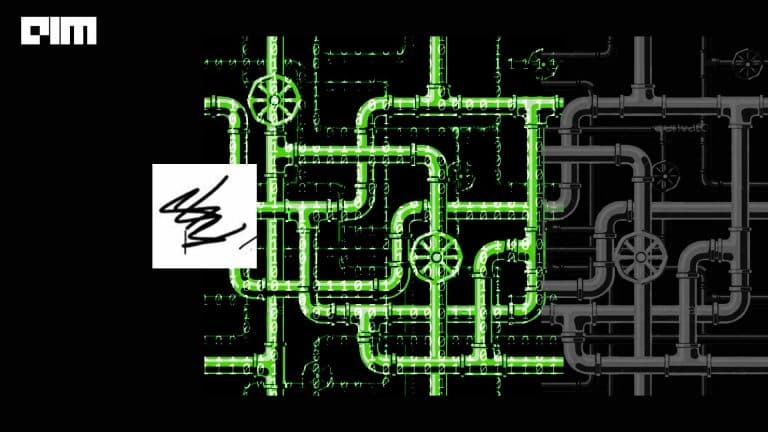Cybersecurity standards are globally published material that strives to defend the cyber ecosystem of a user or company. This setting incorporates users themselves, systems, networks, devices, software, processes, data in storage or transit, applications, services, etc.
The main goal is to diminish the dangers, including blocking or alleviation of cyber-attacks. Cybersecurity standards consist of sets of tools, policies, cybersecurity concepts, security procedures, instructions, risk management systems, training, best practices, assurance and technologies.
Cybersecurity standards have been there for many years as their users have co-operated in various national and international conferences to make the required capacities, systems, and methods for cybersecurity- regularly arise from forums such as Stanford Consortium for Research on Information Security and Policy during the 1990s. Here we list the top security standards, which companies must have in place depending on their geographical and industry requirements-
HIPAA
The Healthcare Insurance Portability and Accountability Act directs the processes that healthcare companies and those working with sensitive health data need to secure their systems to guarantee the confidentiality of sensitive information.
HIPAA’s framework goes over the essential security checks that companies need to have in place to continue to be in compliance with the laws. A breakdown to comply with these regulations can cause massive fines and other outcomes. HIPAA’s security standards give a hugely relevant security framework for an industry that is especially exposed to cyberattacks.
PCI Data Security Standard (PCI DSS)
The PCI Security Standards Council (PCI SSC) is a global panel that draws together payments industry stakeholders to advance and accelerate the adoption of cybersecurity standards and support for secure payments across the globe. The council was established in 2006 by American Express, Discover, JCB International, MasterCard and Visa Inc, where every company includes the PCI Data Security Standard (PCI DSS) as a portion of the technological conditions for their particular data security compliance programs.
The Payment Card Industry’s Data Security Standard framework covers companies that manage credit card data when it comes to accepting credit cards, processing the transactions, storing card data or transferring credit card data. By installing this security framework in place, PCI has advanced the security of the entire payment process.
This strict security standard makes it feasible for companies to securely handle payment information and decrease the chances for identity theft and fraudulent transactions.
ISO/IEC 27001
ISO/IEC 27001 is a cybersecurity security standard, as a portion of the ISO/IEC 27000 group of standards, of which the latest variant was issued in 2013, with some updates since then. ISO/IEC 27001 is issued by the International Organization for Standardization (ISO) and the International Electrotechnical Commission (IEC) under the collective ISO & IEC sub-committee.
ISO/IEC 27001 defines an administration policy, which is designed to deliver cybersecurity under management charge and provides special provisions. Companies that match the conditions may be approved by an accredited certification group following the completion of an audit.
Common Criteria
The Common Criteria for Information Technology Security Evaluation (attributed to as Common Criteria or CC) is a global standard (ISO/IEC 15408) for network security certification. Common Criteria is the framework in which network system users can define their cybersecurity functional and assurance needs. Vendors can next perform or offer features based on the security properties of their products, and testing laboratories can assess the products to find out if they really fit the claims. Common Criteria gives certainty to the method of specification, implementation and evaluation of a cybersecurity product has been administered in a precise and repeatable way at a level that is comparable with the destination computer environment for usage.
ANSI/ISA 62443
ANSI/ISA 62443 is a set of standards, specialised releases, and relevant information rules that determine procedures for performing secure Industrial Automation and Control Systems (IACS). These documents were formerly called ANSI/ISA-99 or ISA99 standards, as they were conceived by the International Society for Automation (ISA) and published as American National Standards Institute (ANSI) documents. In 2010, they were reassigned to be the ANSI/ISA-62443 series.
ISA99 continues as the title of the Industrial Automation and Control System (IACS) Security Committee of the ISA. Since 2002, the committee has been producing a several part set of standards and technical reports on the subject of IACS security. These work products are then presented to the ISA permission and then issued under ANSI. They are also presented to IEC as input to the IEC 62443 series of global standards following the IEC standards development process.
The ISA Security Compliance Institute (ISCI) Conformity Assessment Program
Founded in 2007, The International Security Compliance Institute (ISCI) produced the initial compliance evaluation system (generally called as certification scheme) for the ANSI/ISA 62443 standards. These standards certify Commercial Off-the-shelf (COTS) automation, control systems, and Internet of Things (IoT) gadgets, resolving the security of the control operations and device supply chain.
ISCI development methods involve support systems to ensure that the ISASecure certifications remain in sync with the IEC 62443 standards as they develop. While the ANSI/ISA 62443 standards are issued to approach industrial cybersecurity demands of a cross-section of industries, the ISASecure serving groups have covered subject matter specialists from regular process businesses and manufacturing control systems.
Also Read: How India Is Building An Ecosystem Around Cybersecurity

























